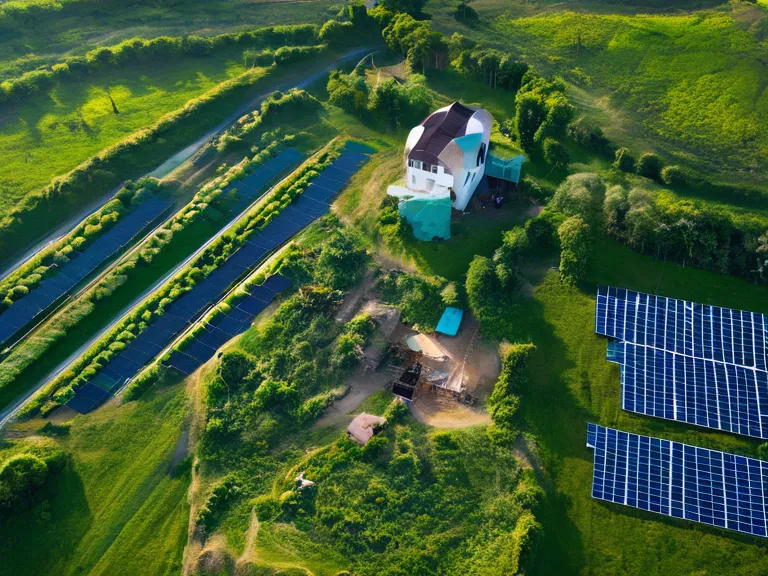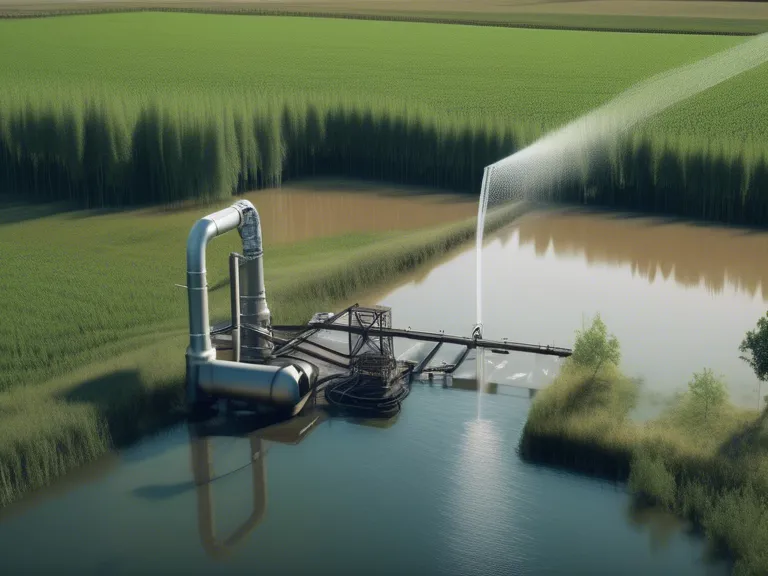
Artificial Intelligence (AI) is playing a significant role in reducing the environmental impact of villages around the world. From optimizing energy consumption to waste management, AI technologies are revolutionizing the way villages operate and interact with their surrounding ecosystems. This article delves into the various ways in which AI is being utilized to create more sustainable and eco-friendly villages.
One of the key areas where AI is making a difference in villages is in energy management. By using AI algorithms to analyze energy consumption patterns, villages can optimize their energy usage, reduce waste, and save costs. Smart grids powered by AI can efficiently distribute energy, ensuring that resources are used more effectively and sustainably.
Another important aspect of reducing environmental impact in villages is waste management. AI-powered sensors and algorithms can help villages monitor waste levels, optimize collection routes, and even identify recyclable materials. By implementing AI-driven waste management systems, villages can minimize their ecological footprint and improve their overall sustainability.
Furthermore, AI is being used to enhance agricultural practices in villages. By analyzing data on soil quality, weather patterns, and crop yields, AI algorithms can help farmers make more informed decisions, leading to increased productivity and reduced environmental impact. AI-powered drones are also being employed to monitor crop health and detect potential issues early on.
In addition to energy management, waste management, and agriculture, AI is also being utilized in water conservation efforts in villages. By analyzing water usage data and identifying areas of inefficiency, AI technologies can help villages reduce water wastage and promote sustainable water practices. This is crucial for villages facing water scarcity or contamination issues.
Overall, the integration of AI technologies in village operations offers immense potential for reducing environmental impact and creating more sustainable communities. By harnessing the power of AI in energy management, waste management, agriculture, and water conservation, villages can work towards a greener future for generations to come.



